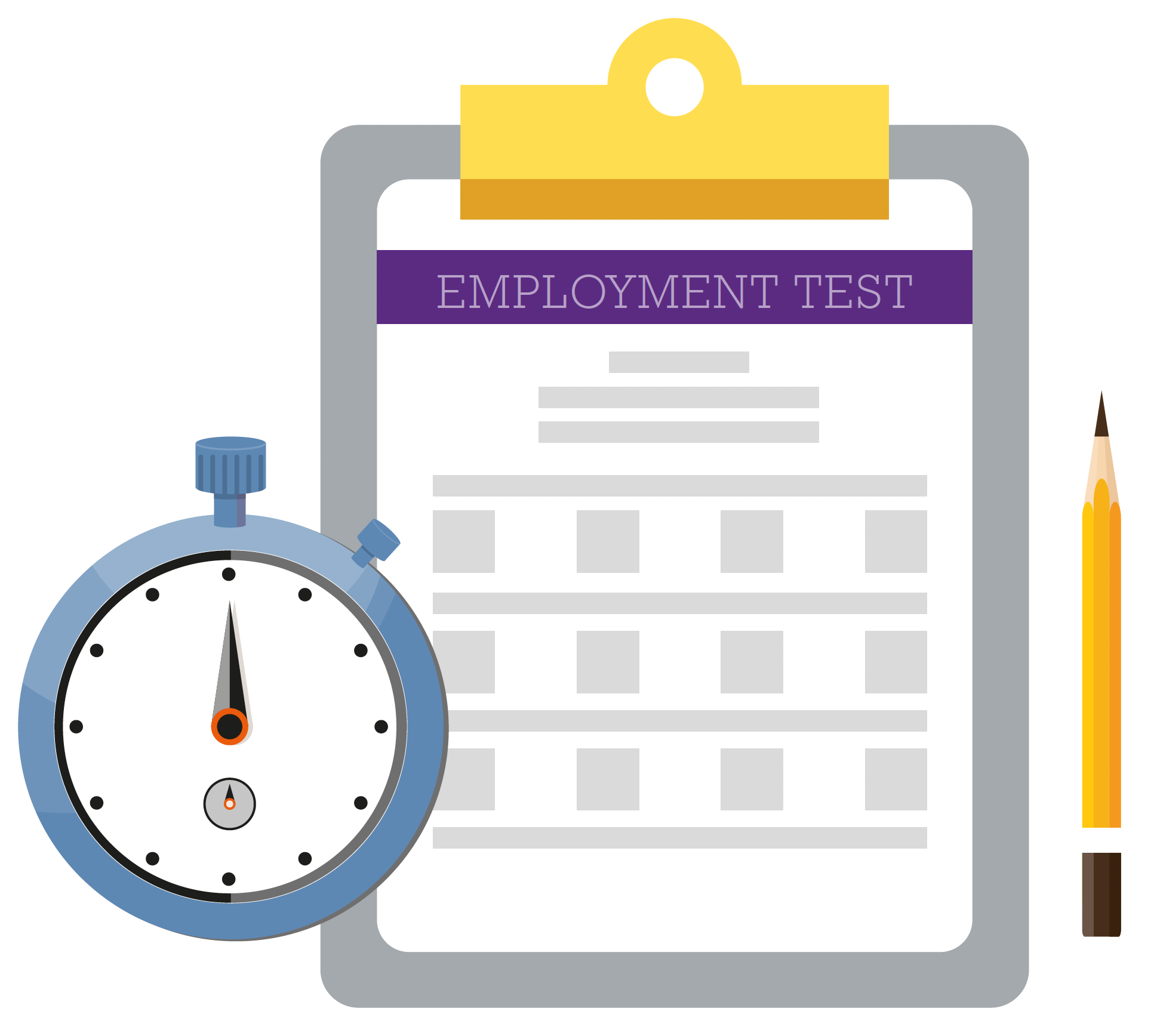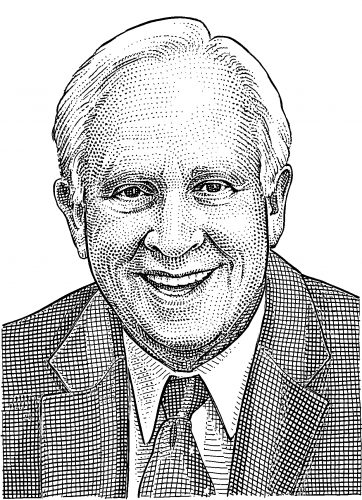Employer Assessment Testing Matters
Ready for the biggest test? Aptitude, personality and skills tests help employers decide who fits in.

Getty Images © SaimonSailent
Employer Assessment Testing Matters
Ready for the biggest test? Aptitude, personality and skills tests help employers decide who fits in.
Yay, I’ve graduated! No more tests!
A bit simplistic, but one of the feelings of new college graduates.
Well, there is a caveat out there in the workplace: No tests until you go for a new job or your company wants to get the most out of its work teams.
Employer testing has become huge for three main reasons: Employers want to be sure they are getting the right hire. Employers want to make sure their team members’ personalities complement each other. Employers want to make sure employees have the skills to do their jobs.
There are three categories of tests that employers use. Aptitude tests measure intangibles such as problem-solving and the ability to learn. Personality tests assess behavioral patterns and traits, and skills tests measure competencies.
Employers have too much riding on making the right hire. In the first year, a new employee costs them salary, training expenses and benefits. If they bring on the wrong person, they double the cost of hiring because they have to lay out these expenses all over again. That doesn’t count the loss of time and other candidates who may have been a better fit in the first place.
If onboarding is an issue, getting employees to play nice and get along is just as huge. Internal fighting, poor communication habits and territorial disputes can wreck an organization. So it is easy to justify testing.
But just how good are the assessments and how far do you take the results? Most employers want the short version or the lowest-cost version or, heaven help us, a combination of the two. There are even free tests that employers can use.
Why does the quality of the assessment matter to you? The answer: It might affect your employment. If you already have a job and the company wants to build better team rapport, what happens if you take a test and are identified as the misfit — what do managers do with you? This is why assessments matter.
There are a number of quality assessments, but five stand out: the Myers-Briggs Type Indicator, the Clifton StrengthsFinder, the DiSC profiles, the Enneagram Type and the Color Code. There are hundreds of other proprietary tests used by professional firms that work with employers.
Be wary when the first words you hear before taking the assessment are: “This is just for internal use.” Or “No one will not get hired because of the test.” Or “No one will lose a job over this.” Companies have to be sure they have a legally defensible, accurate assessment.
You can ask questions, including whether the test is an onboarding or a team-building assessment. You can ask what kind of test it is and its name. (You can research the test online to get information about it.) You can ask the company’s experience on how accurate it has been in identifying people. You can ask what the company is looking for in putting teams together. You can ask whether people might be assigned to new teams based on scores.
Don’t blow off the test. Take your time, even if you are told it takes only 10 minutes – unless, of course, it is a timed test.
But get used to assessments. You only thought you were done with tests, particularly pop tests. Welcome to today’s work world.

John Thompson
Ask Mr. T
Q. I’m ready to leave my current job for something new, but I’m not sure I’m ready to start over accruing vacation time. I’ve heard everything is negotiable, but does that include vacation time? How would I go about negotiating for more?
A. Vacation time is absolutely negotiable. You can ask for the entire amount of time you want to happen at once or you can ask to phase it in over a certain time frame. For example, company hiring managers say: “We give two weeks of vacation,” which is 80 hours. Tell them you want 100 hours or 120 hours. Sometimes it works better asking for vacation time in hours and not days.
You might ask for more salary and see if the company would rather give you time off. Some companies are really stingy about vacation time, and others are stuck in a policy that has been in place for years. My observation is that if they are stingy on vacation time, they may be stingy with other personnel issues and the way they treat employees.
Send your career questions to tcumagazine@tcu.edu
John Thompson is executive director of TCU’s Center for Career and Professional Development. For more information about careers, visit careers.tcu.edu

Your comments are welcome
2 Comments
This is so true! A lot of tests are free (e.g. Myers-Briggs), but many are on the more personal side. If you want a business version so you have something to take into an interview, look for one with a free trial and it may give you all you need (e.g. Talent Insights). Others may have a small fee, but can still be worth it as you learn about yourself and can use it to market yourself to companies (e.g. Strengths Finder).
Automated assessments will continue to grow, especially with employers that have north of 3,000 employees. You cited many accurate reasons why employers use them, but one, from a hiring perspective that’s not included, is a bandwidth/workflow reason. Automated assessments can help employers manage large volumes of candidates and utilize the performance on assessment as a tool to elicit a best match.
I can almost always attribute a business pursuit of interview assessments to a prior scenario where there were large performance issues. To feel more comfortable and confident in hiring practices, the group pilots or establishes new assessment processes to try and counter past experiences.
In the advent and future of automation, robotics, deep learning, and AI, I believe these assessments will evolve to measure creative attributes as well. It will be important for TCU to establish an intentional road map to meet the need for exemplary, creative, solution-focused individuals. Process orientation will only go so far.
Also, the days of interviewing with a computer, and that computer performing an evaluation of responses, is not too far away. I see a real, near future scenario where candidates will likely never speak with a recruiter or HR professional before receiving one of these assessments. It’s important to be equipped and prepared.
Thanks for the article John
Related reading:
Alumni
Gearing up the Job Search
Mr. T asks in his career column, is it time to move on?
Alumni
Do you need a career makeover?
When was the last time you kicked the tires on your career?
Alumni
Avoid common résumé mistakes
In a new installment of his Career Advice column, Mr. T. explains how to get hired with a stellar résumé.